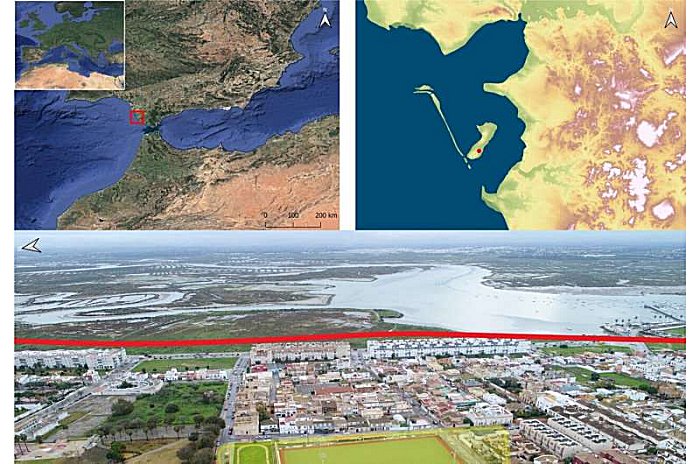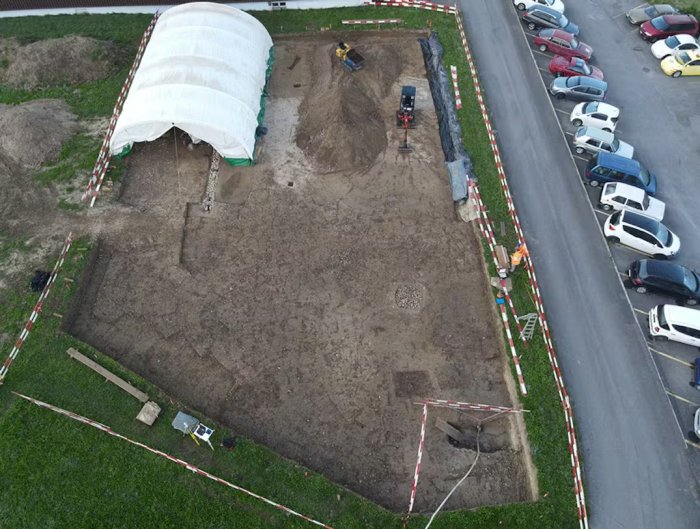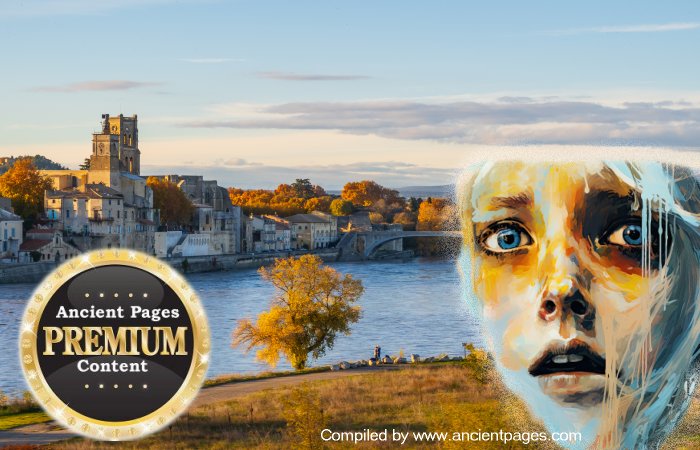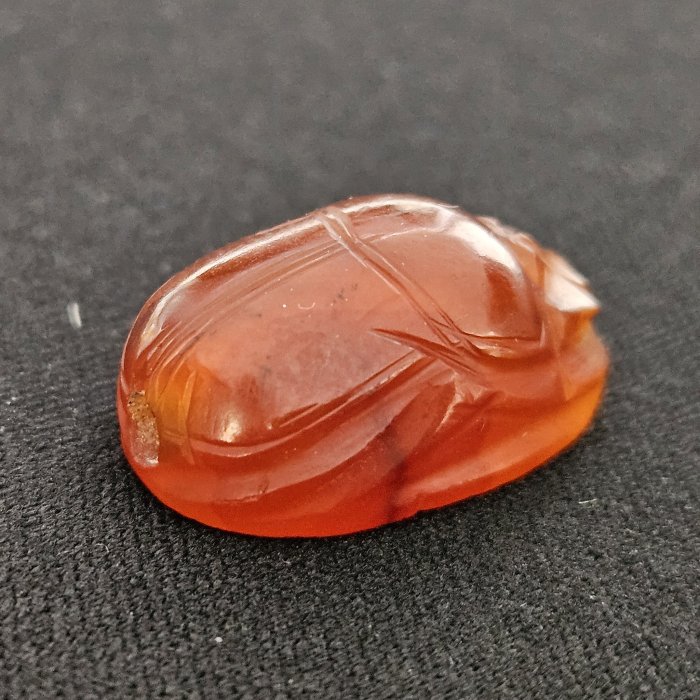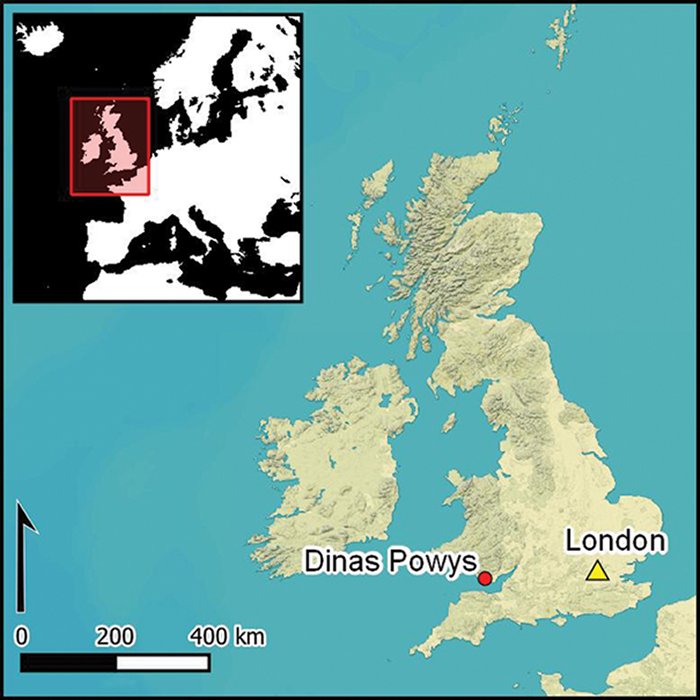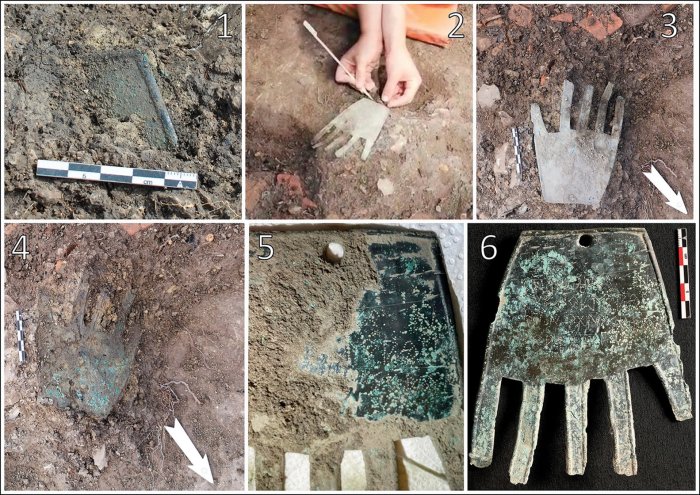Jan Bartek – AncientPages.com – An impressive archaeological discovery has occurred on the Ploiești-Buzău section of the future A7 motorway in Romania.
The national road company CNAIR, Compania Nationala de Administrare a Infrastructurii Rutiere has announced an intriguing tomb belonging to a warrior prince has been unearthed at the site. The unknown ancient warrior was buried next to his horse. Inside the tomb, there is also a surprisingly varied inventory of weapons and more than 120 pieces of ornaments, some of them made of gold.
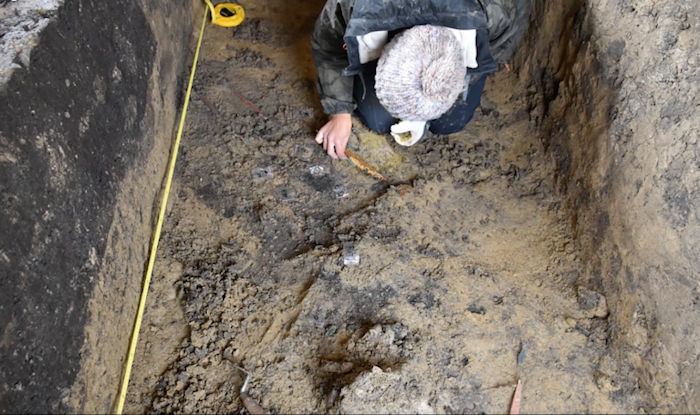
A warrior’s princely tomb was unearthed on the A7 motorway section in Romania. Image credit: CNAIR
Unfortunately, archaeologists have not been able to thoroughly examine the tomb and its content because some portions of the route were not expropriated, which led to the impossibility of accessing the entire land, CNAIR explained.
“Even in this situation, on lot 1 of the mentioned project, on approximately 14 of the 21 km, the intrusive archaeological diagnosis could be carried out during the feasibility study phase, and four archaeological sites were identified,” the company said, adding that, later on, four other sites were found. Archaeological research at one of these sites led to the discovery of the princely tomb.
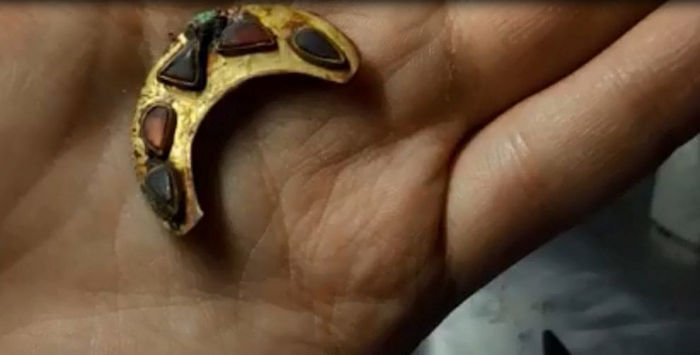
Many of the ancient items found in the tomb were made of gold. Image credit: CNAIR
“The tomb surprises with its varied and rich inventory, from elaborately crafted and decorated weapons to pieces of gold jewelry for both the deceased and the horse with which he was buried,” CNAIR said in its Facebook post.
The archaeological research is carried out by specialists from the “Vasile Pârvan” Insтιтute of Archeology in Bucharest, who tried, in extremely difficult conditions from the point of view of the weather, to collect all the information that this type of discovery provides.
See also: More Archaeology News
The warrior tomb dates back to 4 or 5 AD centuries and is hailed as an outstanding archaeological discovery by experts.
The burial inventory and the bones have been collected and are currently at the insтιтute’s laboratory to be cleaned, preserved, and restored. Then, they will also be shown to the public.
Written by Jan Bartek – AncientPages.com Staff Writer
